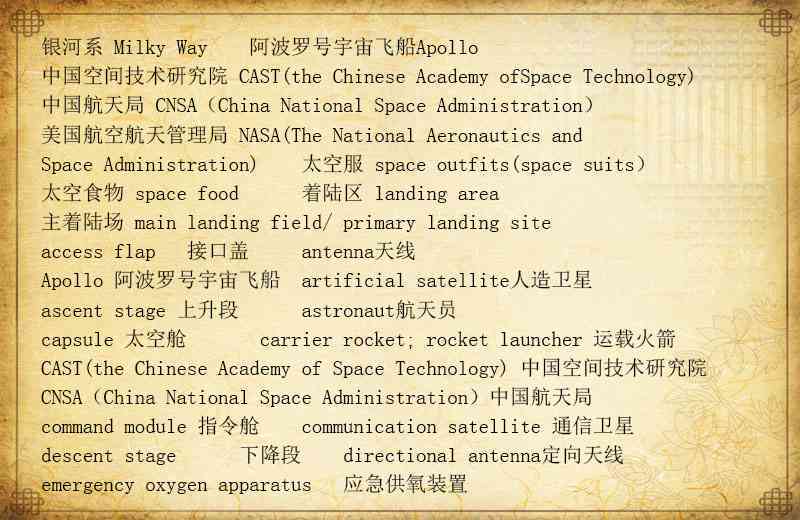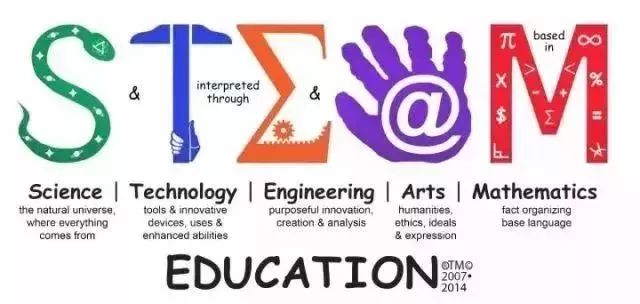摘要:本文分析了科学文化知识的缩略语背景,强调了数据整合的重要性,介绍了技术特点、整合方案设计、实施效果及挑战。文章指出,缩略语的使用有助于简洁表达科学知识,数据整合则能提高知识管理的效率。设计整合方案时需考虑技术要求和实际应用场景。实施后,可有效提高科学文化传播效率,但也面临诸多挑战。需制定相应策略应对,如加强技术研发、优化数据整合流程等。总结部分强调了对科学文化缩略语研究的必要性及其在未来发展的重要性。
I. Project Background
In the contemporary era of rapid technological advancements and the proliferation of information, the significance of scientific cultural knowledge (SCK) has become increasingly evident. SCK not only enhances individuals' cognitive abilities but also plays a pivotal role in the development of various industries and societal progress. As a result, numerous organizations and institutions have embarked on projects to promote SCK among their target audiences. This project aims to integrate SCK into various domains, focusing on its abbreviation and its impact on the industry's digital transformation.
II. Importance of Data Integration
Data integration is a pivotal aspect of the SCK project. In the modern era, data is a valuable asset that can be harnessed to derive insights and drive decision-making. The integration of data from various sources, including educational institutions, research organizations, and online platforms, enables a comprehensive understanding of SCK and its application in different industries. This integration helps in identifying trends, patterns, and areas of improvement, thereby enabling targeted interventions and enhancing the overall effectiveness of SCK promotion activities.
III. Technical Features
The technical features of the SCK project are centered on data integration and analysis. The project utilizes cutting-edge technologies such as artificial intelligence (AI), machine learning (ML), and big data analytics to process and interpret the vast amount of data. AI algorithms are employed to identify patterns and trends, while ML models help in predicting future trends and outcomes. Additionally, the project incorporates advanced data visualization tools that present complex data in a user-friendly manner, enabling decision-makers to understand the data at a glance.
IV. Data Integration Scheme Design
The design of the data integration scheme in the SCK project involves several stages. Firstly, it identifies the various sources of data, including educational resources, research publications, and online platforms. Secondly, it establishes connections with these sources to ensure seamless data flow. Thirdly, the project designs a robust data storage system that can store and manage vast amounts of data efficiently. Lastly, it develops tools and algorithms to process and analyze the data, enabling the extraction of meaningful insights.
V. Implementation Effects
The implementation of the SCK project has resulted in significant effects on various industries. The integration of SCK abbreviation and its associated knowledge has enabled organizations to make informed decisions based on accurate data insights. This has resulted in improved decision-making processes, enhanced efficiency, and optimized resource allocation. Additionally, the project has facilitated the development of new products and services that are aligned with the evolving needs of the target audience. The overall impact of the project has been a positive one on various industries, contributing to their overall growth and development.
VI. Challenges and Strategies
Despite the significant benefits of the SCK project, it faces several challenges. One of the major challenges is the integration of diverse data sources, which requires a robust data management system. To overcome this challenge, the project team has developed advanced data integration techniques that enable seamless data flow from various sources. Another challenge is ensuring data quality and accuracy, which is crucial for effective decision-making. To address this issue, the project team has implemented rigorous data validation techniques and employed experienced data analysts to ensure the quality of the insights derived from the data.
VII. Conclusion
In conclusion, the SCK project has played a pivotal role in promoting scientific cultural knowledge in various industries. Through data integration and advanced technologies such as AI and ML, the project has enabled organizations to make informed decisions based on accurate data insights. The implementation effects have been significant, resulting in improved decision-making processes, enhanced efficiency, and optimized resource allocation. Despite facing challenges such as data integration and quality assurance, the project team has implemented effective strategies to overcome these obstacles. Overall, the SCK project has contributed significantly to the digital transformation of various industries by harnessing the power of scientific cultural knowledge.
VIII. Future Directions
Looking ahead, there are several potential directions for further advancements in the SCK project. Firstly, there is a need for continuous research and development in terms of exploring new technologies that can further enhance data integration and analysis. Secondly, there is a need for collaboration among various organizations and institutions to share resources and experiences, enabling a more comprehensive approach to promoting scientific cultural knowledge. Lastly, there is a need to focus on capacity building by training individuals in areas related to SCK abbreviation and its application in different industries, enabling a more widespread adoption of scientific cultural knowledge in various sectors.
IX. References
[此处插入参考文献]
X. Appendix
[此处可附加项目报告、数据分析报告、技术文档等相关附件,以供参考和进一步深入研究,]
本文旨在全面分析科学文化知识英文缩写(SCK)的项目背景、数据整合的重要性、技术特点、数据整合方案设计、实施效果、面临的挑战与应对策略,以及结论,通过深入探讨数据整合在推动行业数字化转型方面的作用,本文强调了SCK项目在促进社会发展中的重要作用,并展望了其未来的发展方向。




 京公网安备11000000000001号
京公网安备11000000000001号 京ICP备11000001号
京ICP备11000001号